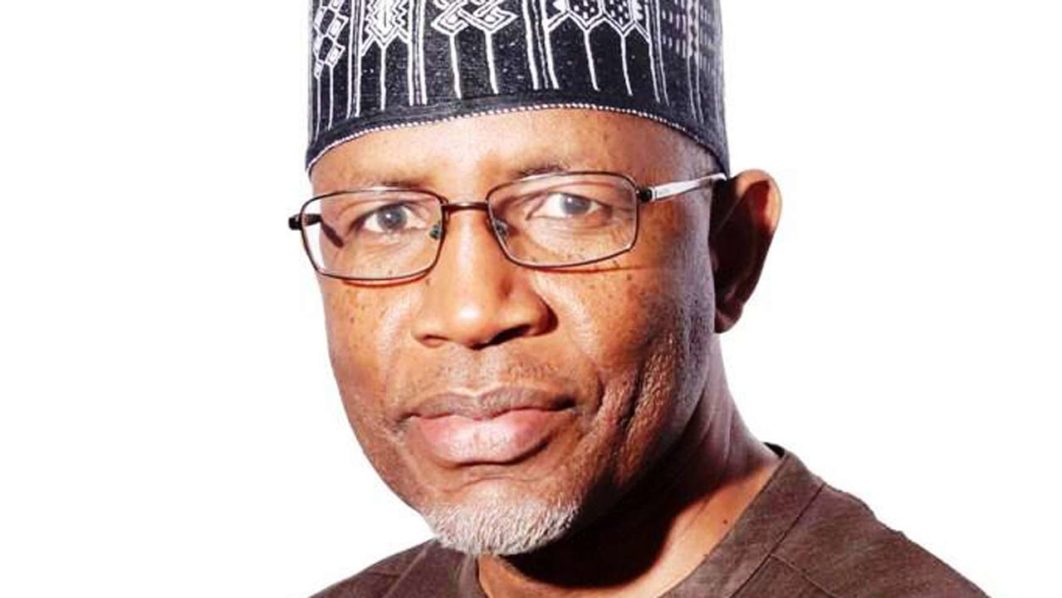The Securities and Exchange Commission (SEC) has called on players in the capital market to leverage technology to improve financial inclusion to reach the untapped market.
The Director-General of the commission, Mr Lamido Yuguda, made the call in a keynote address at the Capital Market Correspondents Association of Nigeria (CAMCAN) 2021 Annual Workshop.
The event took place on Saturday in Lagos.
Yuguda, represented by Mr Temidayo Obisan, Executive Commissioner Operations, SEC, noted the Nigerian Communication Commission reported that there were over 191 million and 140 million active mobile subscribers and active data subscribers, respectively, in Nigeria as at October.
He said that leveraging technology would provide a cost effective means of reaching the untapped market especially rural dwellers.
According to him, it will simplify the means of serving existing customers.
“Financial institutions are increasingly using electronic channels to onboard clients and address customers queries and bring financial product offerings to prospective users.
“The use of technology in offering capital market instruments has been on the rise, helping to reduce the inefficiencies of the past and driving liquidity and diverse holdings of capital market instruments.
“Additionally, technology is making access to credit much faster and easier,” he said.
The director-general said that it had become possible to access credit within seconds using USSD services or mobile banking app.
“Many fund managers also use technology to offer investment products to investors seamlessly,” he said.
According to him, leveraging technology to offer financial services has advantage over traditional means because it breaks down geographical constraints and reduces the cost of providing financial transactions.
He added that it involved little or no infrastructure cost and offered the highest outreach.
He said: “Financial inclusion is all about providing adults with access to financial products and services. These include savings, payments, capital markets, pension and insurance products and services.
“Access to financial services provides families with opportunity to invest in education and health and ultimately results in better standard of living.
“It also allows businesses to expand, create jobs and reduce unemployment.”
Yuguda noted that a survey conducted by the National Bureau of Statistics and the SME Development Agency of Nigeria (SMEDAN) in 2017 indicated that over 41.5 million Micro, Small and Medium Enterprises (MSMEs) operated in the country.
“The impact of providing these MSMEs with access to formal financial services would be significant in terms of contribution to GDP growth, employment and economic prosperity,” he said.
Yuguda also cited a 2020 survey which indicated that there were 106 million adults in Nigeria, of which 38 million representing 36 per cent were financially excluded and 81 per cent of those financially-excluded lived in rural areas while 19 per cent lived in urban areas.
According to him, 56 per cent of the adults are female.
He added that 73 per cent of the adults did not complete secondary school, while 82 per cent were not aware of formal financial access point.
According to him, income analysis indicates that 94 per cent of financially-excluded adults were either dependents, business owners and farmers while less than 1 per cent worked in the formal sector.
“In addition, 60 per cent of financially-excluded adults are below the age of 35.
“Data provided by CSCS as at Q1 2021 indicated that there are 4.9 million investors in stock market, of which 3.3 million (67 per cent) are male, 1.5 million (31 per cent) are female while 0.12 million are corporate accounts.
“These statistics have shown that financial inclusion initiatives should be primarily targeted at women, rural residents, less educated, younger generation and those that do not work in the formal sector,” he said.
He said that SEC had taken steps to boost financial inclusion in general and capital market inclusion in particular.
He said that the efforts included capacity building.
He praised CAMCAN for the workshop, saying that technology had played and would continue to play a critical role in expanding access to affordable financial services.
He called on policymakers and stakeholders to continue to leverage technology to expand access to financial services.

Leave a Reply